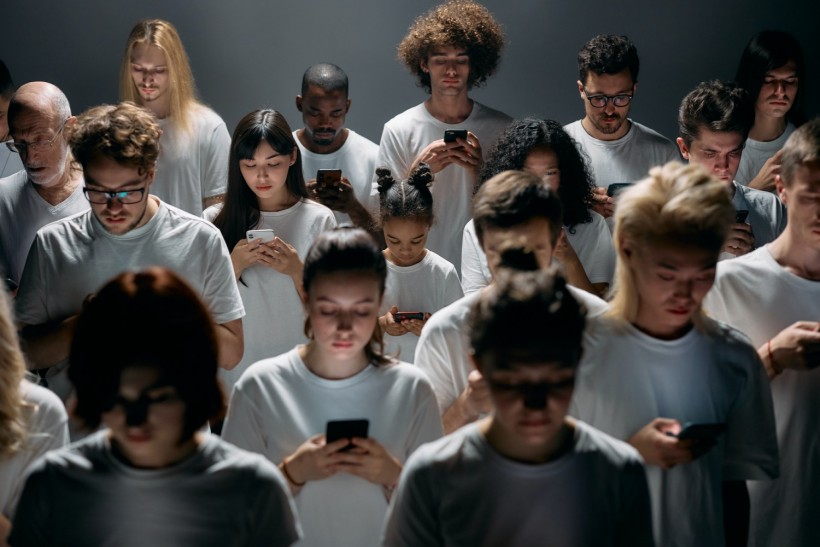
(Photo : cottonbro studio from Pexels)
Americans are unknowingly putting their health in danger due to excessive gadget usage. A scientific review revealed that Americans aged 60 years and older have spent more than four hours a day on their TVs, computers, tablets, and other electronic devices over the past decade. This trend is even worse among younger Americans because children between the ages of eight to twelve years old spend almost six hours on their phones per day, while teenagers use their devices for more than eight hours.
Unfortunately, this excessive usage of gadgets is putting Americans at a higher risk for multiple health conditions. To illustrate, here's what you need to know about the effects of blue light exposure from gadgets:
The Negative Health Impacts of Excessive Gadget Usage
In the digital age, it's normal for people to use gadgets for the majority of their day because of their studies, work, or entertainment preferences. However, the prolonged usage of gadgets exposes people to blue light, which has profound effects on one's health and well-being.
In fact, studies have shown that extreme exposure to blue light could cause multiple health conditions. To start, Psychology Today points out that prolonged exposure to high-energy blue light from gadgets can upset one's circadian rhythm and lead to the development of insomnia as well as other sleep disorders. Blue light exposure can interfere with one's circadian rhythm because it can increase one's alertness and suppress melatonin production over time. Even a single speck of LED blue light from a gadget can prompt retinal cells to send signals to the brain to suppress melatonin production and maintain neurophysiological arousal.
These sleep disturbances can be alarming because sleep deprivation can raise one's stress levels and increase their risk for mental health disorders. In fact, Psychology Today states that there are already articles that are seeing the association between extreme blue light exposure and mental health disorders like depression and bipolar. This is quite concerning, especially when social media apps are already being sued for causing mental health problems in young users. People are already experiencing depression, anxiety, and eating disorders because of their social media usage, and extreme blue light exposure can further worsen their state.
How to Reduce the Effects of Blue Light Exposure
It can be difficult to avoid using gadgets, especially if you're using them for school or for work. In this case, you'll need to limit your exposure to blue light with the help of specific tools and gadgets.
One of the most convenient ways to reduce your exposure to blue light is to use protective glasses. Instead of simply wearing regular prescription eyewear, you can use blue light glasses that contain a filter that can protect your eyes and alleviate any digital eye strain. These protective glasses are able to filter out the damaging high-energy visible light from digital devices, making it possible for people to experience fewer health risks from long screen times.
Aside from wearing protective eyewear, you can also download apps that can help reduce blue light emissions from your own devices. These apps can adjust the color of your devices' screen and decrease the blue light coming from it to make the devices safer to use for long hours. Through this convenient method, you won't have to wear or change anything as you use your devices before bedtime.
It can be difficult for people to avoid blue light exposure, especially in this digital age. As such, it's crucial for you to wear protective eyewear or adjust the settings of your devices through an app to lower your exposure to these harmful lights and reduce your risk for multiple health conditions.
* This is a contributed article and this content does not necessarily represent the views of hngn.com








